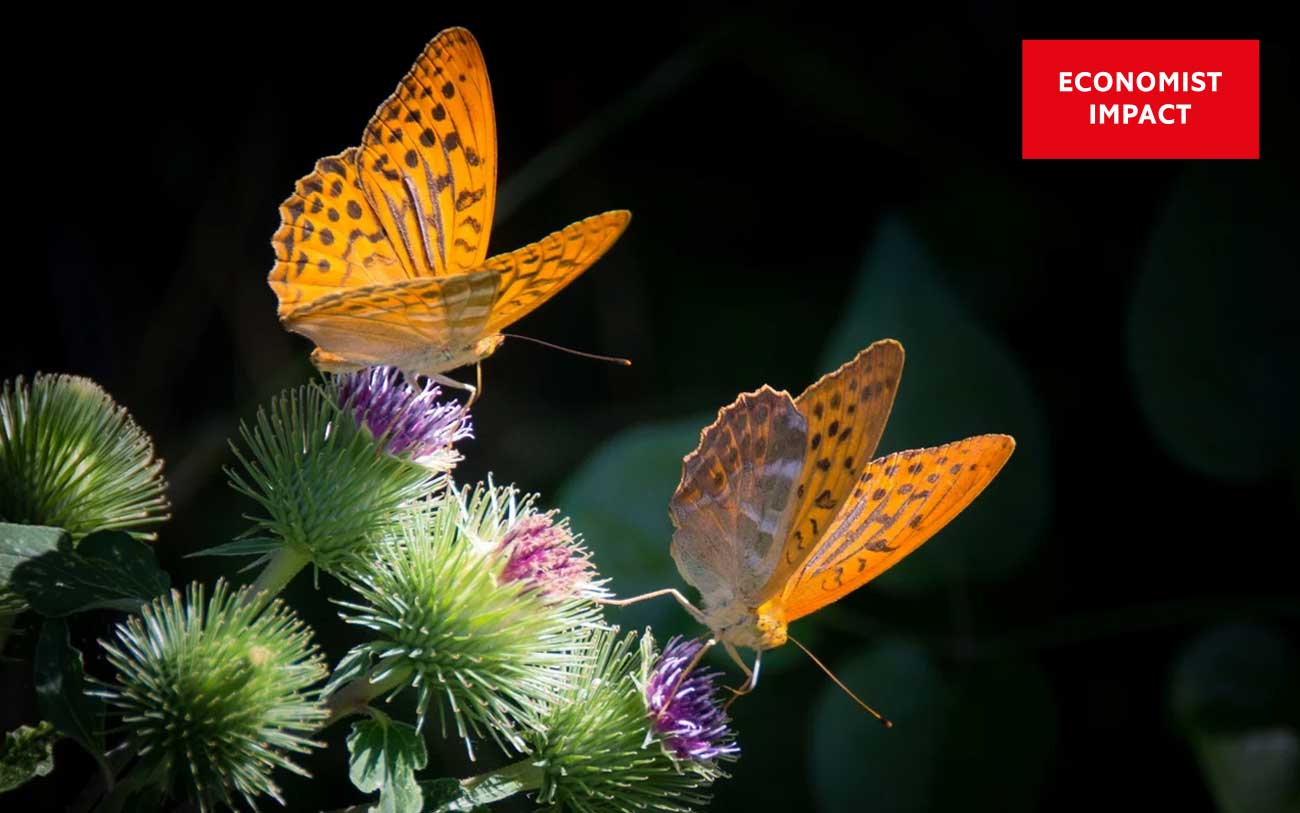Ahead of London Climate Action Week, Razan Al Mubarak penned an op-ed for Economist Impact on the need to put nature-positive solutions higher on the global agenda. As UN Climate Change High-Level Champion for COP28, Ms. Al Mubarak said:
“In the race to tackle climate change and adapt and build resilience to its impacts, there is one valuable asset we are failing to seize on: nature. A nature-positive economy is a no-brainer for biodiversity, the climate, public health, food security and the economy. By protecting the forests, mangroves, soil and biodiversity around us, we will buffer communities from further-intensifying weather extremes and land degradation and we will absorb more carbon, bolster food and water supplies, create jobs and protect livelihoods.”
In the op-ed, Ms. Al Mubarak highlights five significant developments in the past year that enable the private sector to invest in nature:
- Resources to help businesses and investors set science-based targets for nature
- An initiative of investors encouraging companies to help tackle nature loss
- A forthcoming financial disclosure framework for nature-related risks
- The goals set in the historic Kunming-Montreal Global Biodiversity Framework
- The UN's Global Stocktake of Paris Agreement progress
Ms. Al Mubarak, who is also president of the International Union for Conservation of Nature (IUCN), noted the importance of the global goals for nature in the Kunming-Montreal framework. It includes targets to halt and reverse biodiversity loss by 2030, make Indigenous-led conservation models the standard by 2030, respect and protect Indigenous land rights, and reform harmful subsidies. It also requires large companies and financial institutions to assess and disclose their risks, impacts and dependencies on nature. Calling to action, Ms. Al Mubarak said:
“Like the Paris Agreement did for climate change in 2015, the Kunming-Montreal framework provides a long-term destination for the global economy. It means we know where we need to go. Now we must plot the route and start moving.”
Read the full op-ed by Razan Al Mubarak on Economist Impact.
